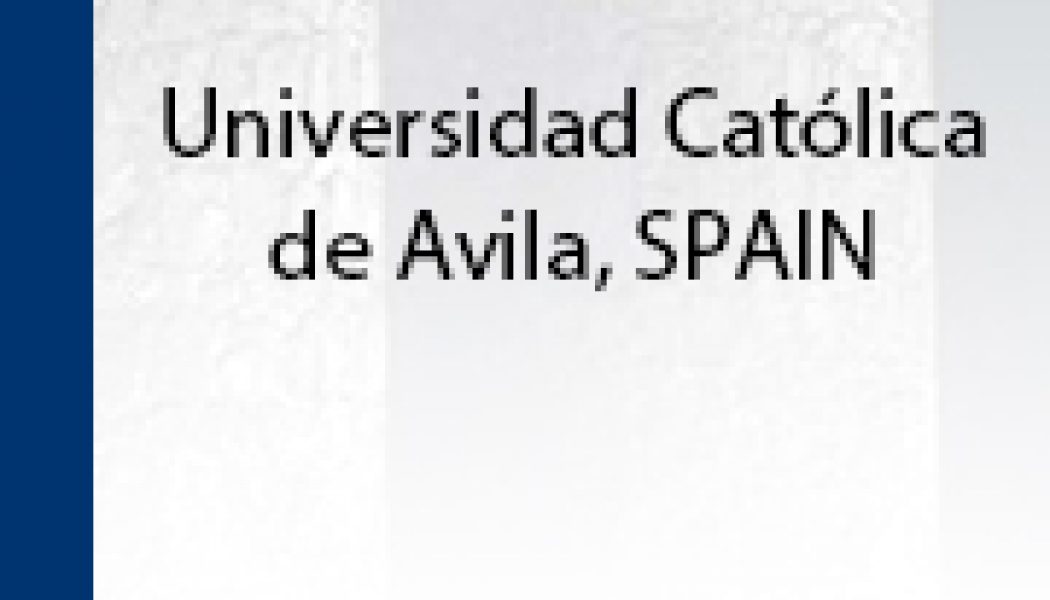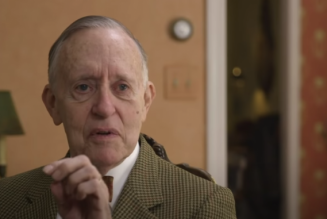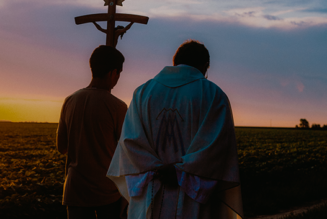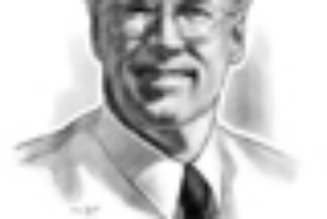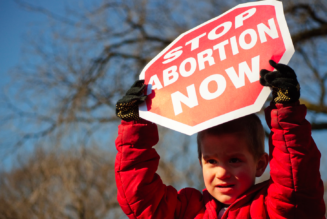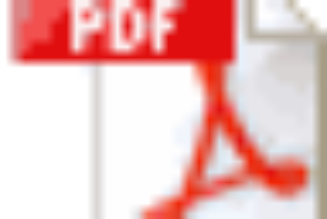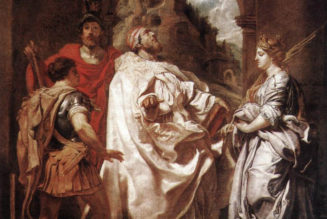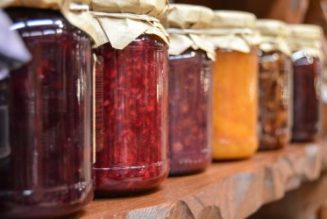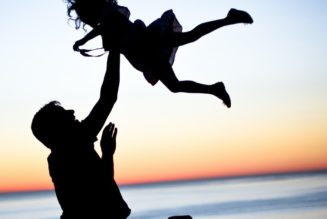Chartwell, Winston Churchill’s country residence, provides both a glimpse inside Churchill’s private life – and into the great man’s mind. In his study, you expect to find books, newspapers, tumblers, ashtrays, and sterling silver framed photographs – and you do. You also see a map of the European theater of war, spanning an entire wall of the room. Churchill was busy mapping out the location of ships, tanks, troops, and defense lines – before he received the call asking him to assume command of British forces.
When that call came in, Churchill didn’t have to put down the receiver and bellow down the hall, “Clemmie – have we got a map handy?” No. He simply peered over the rim of his spectacles, surveyed the plan, and started giving orders. Churchill was ready.
He said later of the moment in which he was called to lead the Western world in its most demanding confrontation with evil, “I felt as if I were walking with destiny, and that all my past life had been but a preparation for this hour and for this trial.”
But it was not a straight or easy path to that degree of preparation. Biographers of Churchill often refer to his “wilderness years,” basically the decade from 1929 to 1939 when military and political defeats made it appear that his days as a national leader were over.
Yet Winston spent that time in the wilderness following public affairs, keeping himself ready, often fighting discouragement and perhaps even depression (what he sometimes called “the black dog”). And part of the greatness we see in him stems from the virtues he continued to develop even when, isolated, they may have seemed useless.
There are lessons here for those of us currently asking what can we each do, as we wait, and worry, take care of ourselves and our children, our businesses, our safety, and our nation?
We can answer the call to greatness.
As Churchill knew in his own time of crisis, everything in our own lives has been a preparation for this hour. Some of us, like him, may find ourselves ready, and on the frontlines, directly fighting the physical and spiritual war.
Most of us will feel, at least to some degree, that this is our time in the “wilderness,” and that we are called upon to battles and sacrifices that we are not prepared to make. Yet that, too, is part of the overall trial.

This is not a moment of paralysis. This is a moment of action. Our Lord has entrusted us with this particular time, and we must be both worthy and brave in facing this hour.
We must allow Him to use us to transform the world through the Holy Spirit alive in our souls, which are, at one and the same time, both human and spiritual. By increasing our personal prayer, through a commitment to the Divine Office, intercession before the Blessed Sacrament, acts of service, penance and sacrifice, uniting in a privileged way the suffering, universal Church.
These are battles as important in their own way as the action on the frontlines. Indeed, for large numbers of us, these are the frontlines. With the suspension of the Holy Sacrament across the globe, there are places He now cannot go. We must go there ourselves. We can invite Him into ourselves and, thereby, impact with His presence and love our close-knit circles of friends and family and even touch the world beyond our limited sphere.
And we must pray, fervently, for the full restoration of the Sacramental Life of the Church. As Cardinal Raymond Burke says in his recent Combat Against the Coronavirus message (which may be read by clicking here):
“It is essential for us, at all times and above all in times of crisis, to have access to our churches and chapels, to the Sacraments, and to public devotions and prayers, so that we know God’s closeness to us and remain close to Him, fittingly calling upon His help. Without the help of God, we are indeed lost.”
With His help, we have great work to do.
Throughout history, Our Lord uses, efficaciously, those individuals who have been made ready for His work. Not only Winston Churchill in his study, but the Patriarch Joseph in his cistern, Karol Wojtyla in his rock quarry, and even Benedict XVI in his Vatican garden. Each, at a precise moment, was asked by Our Lord to step forth and make a decisive difference.
“These are not dark days,” Churchill remarked during England’s crisis, “these are great days – the greatest days our country has ever lived; and we must all thank God that we have been allowed, each of us according to our stations, to play a part in making these days memorable in the history of our race.”
God sees the future and He knows the now. He knows the call He has placed within each one of us. He knows the challenge of this hour and this trial. He has a great purpose for this time in the Church and the world, this time in which it is a privilege to live. He has made us ready and, we can be certain that, in ways that we may have never anticipated, He will use us.
*Image: The Loup River, Alpes Maritimes by Sir Winston Churchill. 1936 [The Tate, London]. In addition to being a fine painter in the Impressionist style, Mr. Churchill was a writer of distinction. He received the Nobel Prize for Literature in 1953, principally for his history of WWII.
